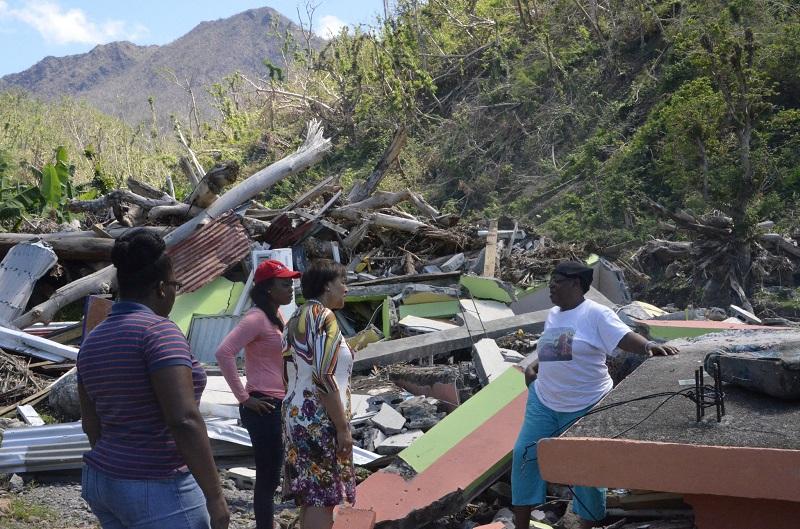Supporting Governments in tackling the devastating impacts of climate change

It has been almost two years since I sat in a security plane flying over the once familiar, but then almost unrecognisable, terrain of Dominica – the country of my birth.
With the Atlantic hurricane season again imminent, countries are bracing themselves for the possibility of disaster, and considering strategies to withstand or mitigate the impacts of the escalating climate crisis. Yet with heavy question marks hanging over-commitment to multilateral collaboration, there are added threats to the ability of the governments that need it most to leverage in really effective ways the full benefits that international cooperation brings.
The range of perspectives and collective support that intergovernmental organisations such as the Commonwealth bring to the fight against climate change can too easily be taken for granted, and the transformational opportunities they are able to unlock – particularly for the most vulnerable and marginalised tends to be overlooked. An example of this, in which the Commonwealth has clearly demonstrated its value, is the facilitating of financing for climate action.
There are hundreds of billions of dollars, as much as USD 681 billion in 2016, earmarked for initiatives related to climate change, including for ocean preservation projects, to have fewer CO2-emitting vehicles on the road, and for boosting renewable energy options. Many Commonwealth members are eager to take advantage of these funding streams, but are finding it difficult to cut through the red tape and comply with the onerous criteria and conditions tied to the funding.
This article is copyright © 2019 DOM767








